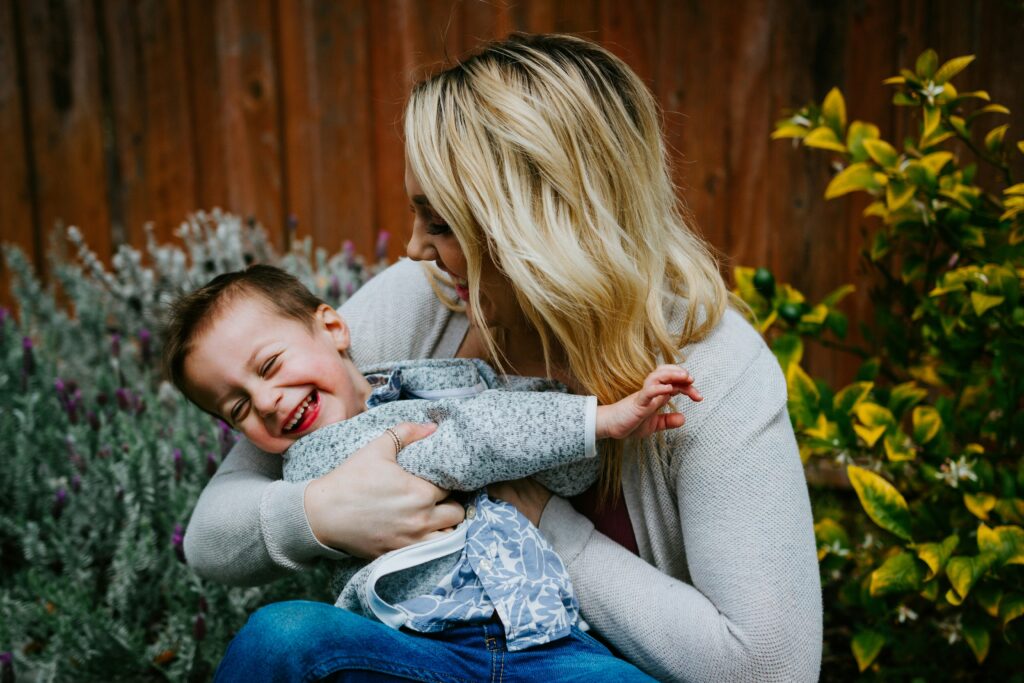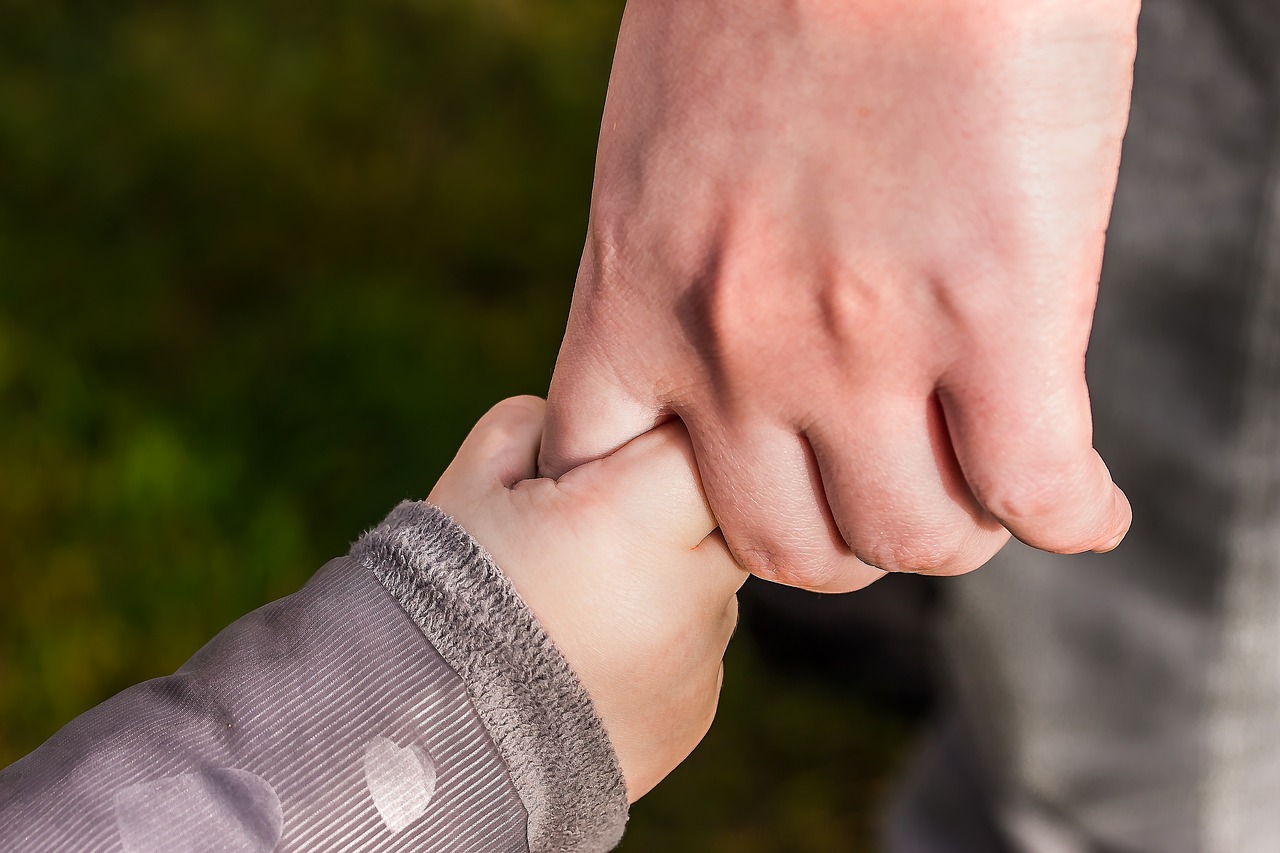Parenting goes beyond just meeting your children’s physical needs; it’s also about being an emotional role model.
Your conscious and unconscious actions and way of being are the biggest model for children, shaping their behaviors, beliefs, and values. Through intentional guidance and demonstration, parents are imparting crucial skills and moral principles, providing a blueprint for navigating life’s complexities.
Whether through teaching manners, problem-solving strategies, or ethical conduct, parents actively shape their children’s development. Yet, equally impactful is the unconscious modeling that occurs as children observe and absorb parental attitudes, reactions, and habits.
These subtle cues can deeply influence children’s perceptions of relationships, self-worth, and societal norms. The patterns children learn when they are young imprint lasting impressions that often echo into adulthood. You are teaching through deliberate actions but also through the subtleties of your daily interactions.

As a model, you are a fundamental architect of their children’s character.We’ll explore four impactful strategies to embody emotional intelligence and resilience for your kids. From mastering self-regulation to embracing vulnerability, these tips will empower you to cultivate a nurturing emotional environment within your family.
1. Mastering Self-Regulation:
As parents, our reactions and responses greatly influence our children’s emotional development. By mastering self-regulation, we demonstrate the importance of managing our emotions in healthy ways. Practice mindfulness techniques such as deep breathing or meditation to stay calm in challenging situations. Modeling self-regulation teaches children how to navigate their own emotions effectively, promoting resilience and well-being.
2. Open Communication:
Encourage open communication within your family by creating a safe space for expression and vulnerability. Share your own feelings and experiences with your children, demonstrating that it’s okay to express emotions authentically. Listen actively and empathetically to your children’s concerns, validating their feelings and offering support without judgment. Open communication fosters trust, strengthens bonds, and promotes emotional literacy in children.
3. Cultivating Empathy:
Empathy is a cornerstone of emotional intelligence and plays a crucial role in building strong relationships. Teach empathy by modeling compassionate behavior towards others and encouraging acts of kindness and understanding. Help your children recognize and understand different emotions, both in themselves and in others. By cultivating empathy, you instill in your children the importance of considering others’ feelings and perspectives.
4. Embracing Vulnerability:
Embracing vulnerability allows us to connect more authentically with our children and demonstrate that it’s okay to be imperfect. Share your own struggles and challenges with your children, emphasizing the importance of resilience and growth mindset. By modeling vulnerability, you show your children that it’s okay to make mistakes and that setbacks are opportunities for learning and growth. Embracing vulnerability fosters trust, strengthens relationships, and cultivates emotional resilience in children.
Being an emotional role model for your kids is an essential aspect of parenting. It’s happening whether you are conscious of what you are modeling or not. By practicing self-regulation, fostering open communication, cultivating empathy, and embracing vulnerability, you create a nurturing emotional environment where your children can thrive. Start implementing these powerful strategies today to become a positive example of emotional intelligence and resilience for your kids.




